This ICML workshop seeks to broaden the role of geometric models and thinking in machine-learning research.
The interplay between machine learning and geometry is an active field of research drawing the attention of researchers from many fields as it offers not only beautiful mathematical and statistical theory but also substantial impact on important real-world problems in machine learning. Examples of this interplay include, but are not limited to:
This ICML workshop is co-located with ICML, IJCAI and AAMAS in Stockholm.
The Bosch center for AI generously sponsors a prize for the best abstract, which will be presented at the workshop.
The meeting is now passed -- thanks to all attendees for fantastic discussions. Also, congratulations to William Guss for winning the Best Contribution Award (sponsored by Bosch Center for Artificial Intelligence)!
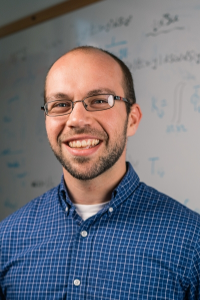
Justin Solomon
Assistant Professor, MIT
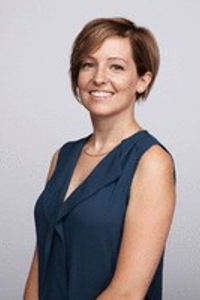
Nina Miolane
Research Fellow, Stanford University
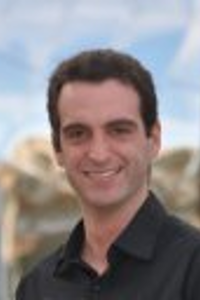
David Rosen
MIT LIDS, formerly at Oculus Research
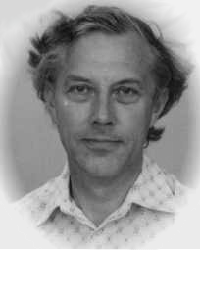
John Skilling
Research Director, Maximum Entropy Data Consultants Ltd.

Frank Nielsen
Sony Computer Science Laboratories Inc, Japan
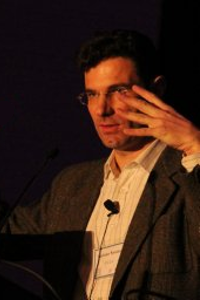
Stefano Soatto
Professor, UCLA
| Date: Sunday July 15, 2018 | |
| Session 1. Chair: TBD | |
| 8:30-9:15 | Justin Solomon Correspondence and Embedding for Geometric Data |
| 9:15-10:00 | Nina Miolane Geometric Statistics: Learning from Medical Images? |
| 10:00-10:30 | Coffee |
| Session 2. Chair: TBD | |
| 10:30-11:15 | David Rosen Certifiably Correct SLAM |
| 11:15-11:45 | Contributed talk: Cyrus Mostajeran Homogeneous Cone Fields: Affine-Invariant Orders |
| 11:45-12:30 | John Skilling Failures of Information Geometry |
| 12:30-14:00 | Lunch |
| Session 3. Chair: TBD | |
| 14:00-14:45 | Frank Nielsen Information geometry: Structures and their uses |
| 14:45-15:30 | Stefano Soatto and Pratik Chaudhari High-dimensional Geometry and Dynamics of Stochastic Gradient Descent for Deep Networks |
| 15:30-16:00 | Coffee (poster session starts) |
| 16:00-18:00 | Poster Session (public abstracts) |
A list of accepted abstracts are available here.
Submission deadline: May 7, 2018
Author notification: May 21, 2018
We are looking for poster/oral contributions to the second instalment of this workshop which explores the intersection between geometry and machine learning. Submissions will be reviewed based on short abstracts. Maximum length is one page (plus at most one additional page which can contain only references) using the ICML 2018 format. See ICML website for the template files. This is not a "blind" submission; i.e., the authors' identities should be included in the PDF. Submission is open to both unpublished and previously-published work. There will be no proceedings for this workshop; however, upon an author’s request, an accepted contribution will be made available on the workshop website. This is a great way to share recent and ongoing work with the community.
Submissions should be
e-mailed to gimli.meeting@gmail.com
There will a sponsored prize for the best abstract, which will be presented at the workshop.
The workshop takes place at the ICML conference venue, room A4.
The conference is jointly organized by:
For matters regarding the conference, you can contact the organizers at gimli.meeting@gmail.com.
We are grateful for funding from the Bosch Center for Artificial Intelligence, the Villum Fonden Young Investigator program and the European Research Council (ERC) through a starting grant.